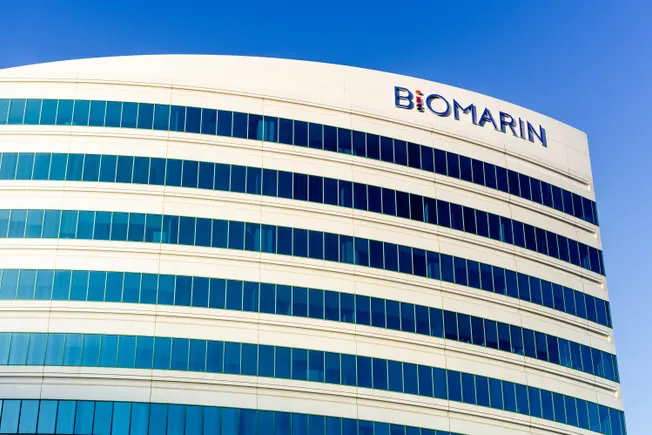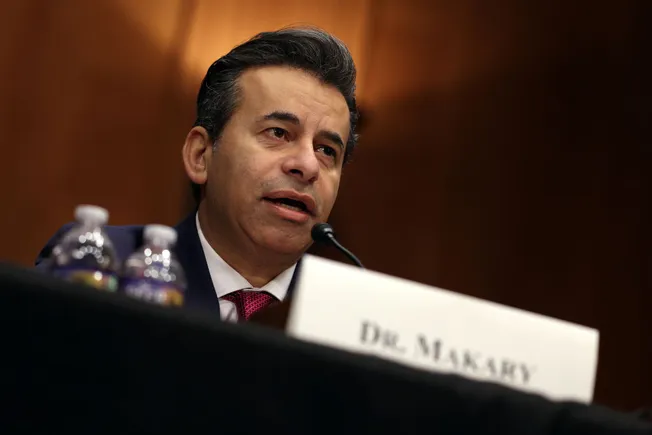Sarepta to ask FDA for accelerated approval of Duchenne gene therapy


Sarepta Therapeutics expects this fall to ask the Food and Drug Administration to approve its gene therapy for Duchenne muscular dystrophy, announcing Friday that a review of data collected so far might meet agency guidelines for an accelerated review.
The disclosure speeds up by at least a year the timeline for an FDA approval decision. Investors had expected Sarepta wouldn’t be able to submit its application until after the late 2023 completion of a placebo-controlled Phase 3 study of the drug, called SRP-9001 or delandistrogene moxeparvovec.
Sarepta executives said they have been in discussion with FDA reviewers about data on SRP-9001. After receiving their feedback, Sarepta made the decision to proceed with a submission under the “accelerated approval” pathway, through which the agency can license a drug based on surrogate or biomarker measures, rather than on a clinical outcome like improved function or delayed disease progression. The planned application will be for Duchenne patients who can still walk.
“We look forward to a collaborative review commencing this year and running through the first half of 2023,” Sarepta CEO Doug Ingram said in a statement.
The company was forced to set aside previous plans for accelerated approval in early 2021 when a Phase 2 trial didn’t show a statistically significant improvement in motor function among patients treated with the gene therapy. The results came the same day Pfizer announced it had dosed the first patient in a Phase 3 trial of its competing Duchenne muscular dystrophy gene therapy.
Along with partner Roche, Sarepta recently released an analysis of patients treated so far with the one-and-done therapy, which suggested that those who received it benefited on tests that measure the ability to stand, walk and balance. Joseph Schwartz, an analyst at SVB Securities, wrote that the data “could’ve formed the basis for the accelerated approval filing.”
Previously, in January, the biotechnology company disclosed other testing data and broached the idea of discussing a submission with the FDA.
In the meantime, Pfizer’s study has been delayed following a patient death and side effects in others who experienced muscle weakness. In April, the drugmaker was cleared to resume dosing patients in that trial.
An accelerated approval would “secure SRP-9001’s first-to-market position,” Schwartz wrote in a July 29 note to clients. However, Schwartz and other analysts cautioned that, even if accelerated approval is granted, insurance coverage may not come until after the Phase 3 trial reads out in late 2023.
Should SRP-9001 win accelerated approval, it would be the Sarepta’s fourth Duchenne muscular dystrophy drug to reach market based on early or biomarker data. So far, none has completed the necessary confirmatory trials required as a condition of their accelerated OKs.
Sarepta shares rose by 9% in morning trading Friday.
This post has been syndicated from a third-party source. View the original article here.




